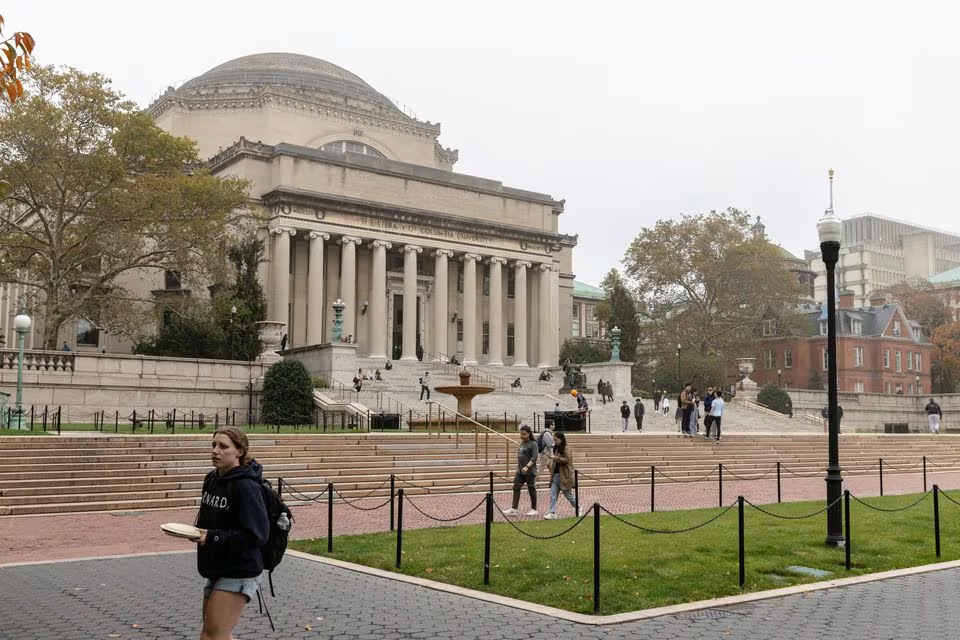In a landmark development in the realm of U.S. higher education, prestigious institutions such as Brown, Yale, and Columbia Universities have collectively agreed to a $62 million settlement to resolve a lawsuit alleging favoritism towards wealthy applicants. This agreement, part of a broader $118 million settlement involving several universities, marks a significant moment in the ongoing debate over college admissions practices and financial aid policies. The lawsuit, filed in a Chicago federal court, implicated these universities in antitrust violations, accusing them of conspiring to limit financial aid and giving an unfair advantage to affluent students.
The recent disclosures revealed that Yale and Emory are set to pay $18.5 million each, while Brown will contribute $19.5 million. Columbia and Duke Universities have agreed to a $24 million settlement each. These figures add to the earlier settlements from the University of Chicago, which agreed to pay $13.5 million, and Vanderbilt University, whose settlement amount remains undisclosed. This collective action pushes the total settlements in this high-profile case to a staggering $118 million.
Central to the lawsuit is the allegation that these universities breached a commitment by considering students’ financial backgrounds in admissions decisions. This practice, the plaintiffs argue, skewed the admissions process in favor of wealthy applicants, undermining the principles of fairness and equity in higher education. Despite these accusations, the involved universities have consistently denied any wrongdoing.
A statement from one of the plaintiff’s lawyers, Robert Gilbert, highlighted the need for resolution. He called on leaders of other implicated schools to address the alleged overcharges affecting middle-class and working-class students. In contrast, Brown University maintained its stance of independently determining student aid, aligning with its institutional methodologies.
Responses from other universities varied, with Columbia, Emory, and Yale expressing a desire to move past the case and refocus on their academic missions. Duke University did not immediately respond to requests for comment. The settlements, while substantial, are still pending approval from U.S. District Judge Matthew Kennelly, who previously declined to dismiss the lawsuit in 2022.
The resolution of this lawsuit represents a pivotal moment in the ongoing scrutiny of college admissions and financial aid practices among America’s elite universities. The substantial settlements reflect a growing awareness and response to the challenges of ensuring equitable access to higher education. As the case continues to unfold, it sets a precedent for how universities approach financial aid and admissions, potentially reshaping the landscape of American higher education.























+ There are no comments
Add yours